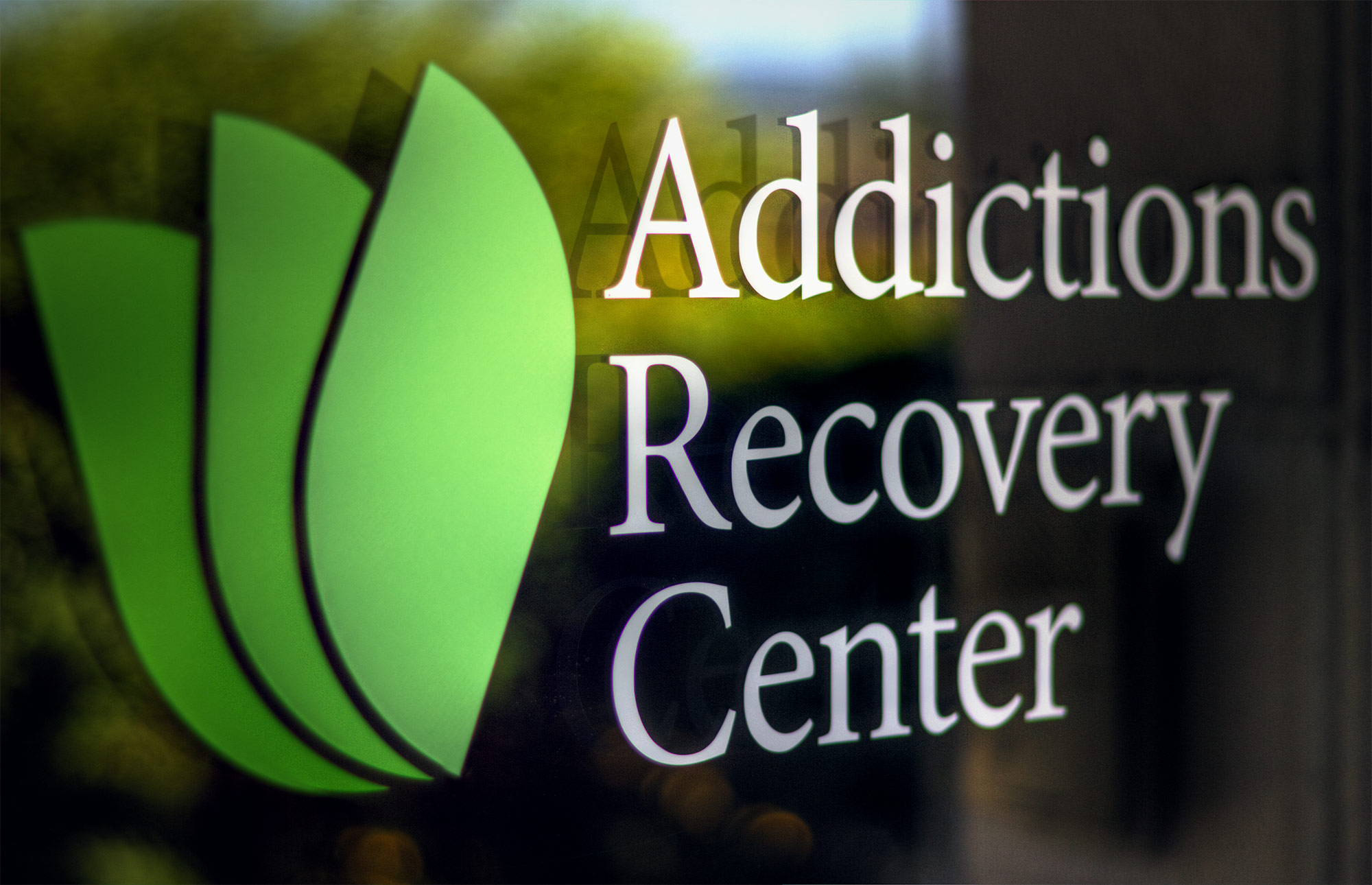Expert Support: Navigating Options for an Addiction Treatment Center
Wiki Article
Browsing the Trip of Cleansing in the Comprehensive Addiction Treatment Program
Getting started on the course of detoxification within the structure of a detailed dependency therapy program is a critical phase in the trip towards healing. The procedure of detoxification holds a substantial duty in breaking the physical dependancy on compounds and preparing the person for the succeeding stages of therapy. Navigating with detoxification is not just an issue of physical cleaning; it involves a complex interaction of emotional, emotional, and social factors that require mindful consideration and support. As individuals come to grips with the difficulties of withdrawal signs and the uncertainties that lie ahead, having a robust assistance and a structured strategy system in position ends up being extremely important. In this conversation, we will check out the multifaceted elements of detoxification within the extensive dependency treatment program and clarified the vital components that shape this transformative trip towards recovery.Importance of Detoxing in Recovery

Detoxification establishes the foundation for the remainder of the dependency therapy program by preparing the person for more treatment and therapy. By cleansing the body of substances that have been clouding judgment and impacting actions, detoxification allows patients to approach their recovery with a more clear mind and more powerful focus.
Additionally, detoxing assists in taking care of the potentially serious withdrawal signs and symptoms that might arise when drug or alcohol use is stopped. Physician very closely monitor clients throughout detox to ensure their security and supply needed assistance. Via this process, people can start their journey in the direction of sobriety with a stabilized mental and physical state, enhancing the chance of an effective healing.
Understanding the Detox Refine
Detoxification, a fundamental element of dependency therapy programs, involves a structured process focused on securely removing hazardous compounds from the body to help with a successful recovery trip. The detoxification process normally begins with an assessment to evaluate the individual's material use background, physical health and wellness, and mental wellness. This examination helps health care professionals identify one of the most proper detox plan tailored to the individual's needs.Throughout detox, the body undergoes withdrawal as it changes to the lack of the compound. Withdrawal signs differ relying on the sort of compound made use of, the duration of usage, and private elements. Clinical guidance during detox is essential to manage withdrawal signs and symptoms and ensure the individual's safety and comfort.

Taking Care Of Withdrawal Signs

Drugs may be made use of to ease specific withdrawal signs and reduce pain. As an example, drugs like methadone or buprenorphine can assist take care of opioid withdrawal signs, while benzodiazepines might be used for alcohol withdrawal. It is essential for health care carriers to thoroughly keep track of the person's feedback to these medicines to guarantee their safety and security and effectiveness.
In enhancement to medicinal treatments, helpful treatments such as therapy, peer support groups, and holistic practices like mindfulness reflection or yoga exercise can help individuals cope with the psychological and psychological difficulties of withdrawal. By dealing with withdrawal symptoms adequately, doctor can improve the cleansing experience and assistance individuals on their trip to healing.

Support Systems Throughout Detox
Support systems play a vital function in providing emotional and social assistance to people undergoing cleansing in dependency therapy programs. During the detox procedure, people often experience a series of physical and psychological withdrawal symptoms, making this stage difficult - Addiction Treatment Center. Having a solid support group in place can significantly affect the person's capability to navigate with detoxification effectivelyAssistance teams supply a system for people to link with others that are going through similar experiences, offering a feeling this website of area and shared understanding. Health care specialists, including medical professionals, counselors, and therapists, play an right here important role in keeping track of the individual's progression, offering clinical assistance, and providing assistance throughout the detoxification procedure.
Looking Ahead: Life After Detox
Having actually successfully finished the cleansing phase, individuals in addiction treatment programs currently concentrate on preparing for the challenges and possibilities that exist in advance in their trip towards recovery. Life after detoxification notes an essential transition period where individuals have to proceed to improve the progress made throughout detox to keep their sobriety. It is crucial for individuals to acknowledge that the journey towards recovery is continuous and needs dedication, commitment, and a readiness to embrace adjustment.One secret facet of life after detoxification is the development of coping systems to manage triggers and desires that might occur. This might include finding out brand-new skills, such as mindfulness techniques, cognitive-behavioral strategies, and anxiety monitoring techniques, to browse difficult situations without considering material usage. In addition, individuals are motivated to actively participate in recurring therapy, support system, and aftercare programs to reinforce their support network and obtain support as they navigate the intricacies of life post-detox.
Verdict
Comprehending the detoxification process and managing withdrawal signs and symptoms are essential steps towards healing. It is essential to identify the importance of detox in the procedure of conquering addiction and relocating towards a life of soberness.Clinical guidance during detoxification is crucial to manage withdrawal signs and guarantee the individual's safety and comfort.
By recognizing the detox procedure and its relevance in breaking the cycle of addiction, individuals can begin on a course towards lasting recuperation.
Throughout more the detox procedure, people typically experience an array of physical and emotional withdrawal signs, making this stage tough. Healthcare experts, including medical professionals, specialists, and therapists, play an essential function in checking the individual's progression, giving clinical assistance, and using support throughout the detoxification procedure.
Life after detox notes a crucial transition period where people have to continue to develop on the progression made during detoxification to preserve their soberness.
Report this wiki page